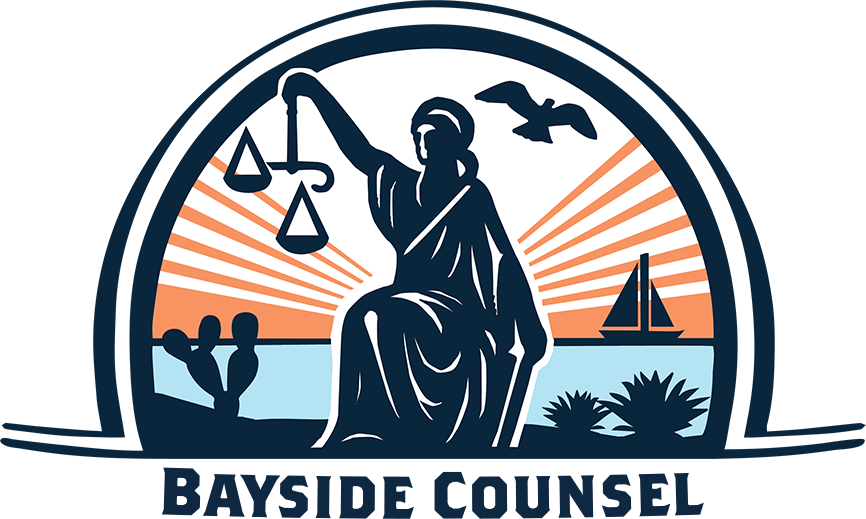In recent years, the Financial Crimes Enforcement Network (FinCEN) has implemented new rules aimed at increasing transparency and combating financial crimes, such as money laundering and terrorist financing. One of these rules is the Beneficial Ownership Information Reporting Requirements, which went into effect on January 1, 2024. These requirements mandate certain types of companies to report information about their beneficial owners to FinCEN. Failure to comply with FinCEN’s regulations can result in severe civil and criminal penalties, making it essential to navigate these requirements carefully. The limited exceptions to the reporting requirements mean that your business is likely required to file.
What is a Beneficial Owner?
Under FinCEN’s definition, a beneficial owner is an individual who, directly or indirectly, owns or controls 25% or more of the ownership interests of a company or entity. Additionally, an individual with significant responsibility to control, manage, or direct the entity is also considered a beneficial owner.
Which Entities Are Required to Report?
The Beneficial Ownership Information Reporting Requirements apply to domestic and foreign companies that are classified as “reporting companies.” This includes corporations, limited liability companies (LLCs), and other similar entities, created by filing with a secretary of state or similar office.
As noted, there are several exceptions, such as publicly traded companies, banks, credit unions, and other entities already subject to federal regulation. Additionally, certain types of businesses, such as trusts, decedents’ estates, and non-profits, are exempt from these reporting requirements. This means that virtually all small business entities are considered “reporting companies.”
What Information Needs to Be Reported?
Reporting companies must disclose the following information about their beneficial owners:
- Full legal name
- Date of birth
- Current residential or business street address
- Unique identifying number from an acceptable identification document (e.g., driver’s license, passport, or taxpayer identification number)
Additionally, companies must provide information about the company itself, including its name, address, and taxpayer identification number.
How to Report Beneficial Ownership Information?
Reporting companies must submit their beneficial ownership information to FinCEN through the Beneficial Ownership Secure System (BOSS). This online filing system is designed to securely collect and maintain the reported information.
It’s important to note that the reporting requirements apply not only to new companies formed after January 1, 2024, but also to existing companies created before that date. These companies have a one-year grace period to comply with the reporting obligations.
Bayside Counsel Keeps You Compliant
At Bayside Counsel, we help our clients understand and comply with FinCEN’s Beneficial Ownership Information Reporting Requirements. This includes:
- Identifying whether a client’s company is considered a “reporting company” and subject to the requirements.
- Assisting clients in gathering and verifying the necessary information about beneficial owners.
- Guiding clients through the reporting process, including the use of the BOSS filing system.
- Ensuring timely and accurate reporting to avoid potential penalties and legal consequences.
Navigating the complexities of FinCEN’s regulations can be challenging, but Bayside Counsel can help you by providing provide knowledgeable guidance and assistance. By understanding and complying with these requirements, we help our clients mitigate risks and maintain compliance with federal regulations. Contact a San Diego small business attorney at Bayside Counsel today to get the guidance you need.
